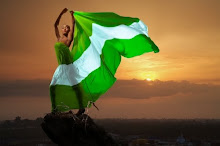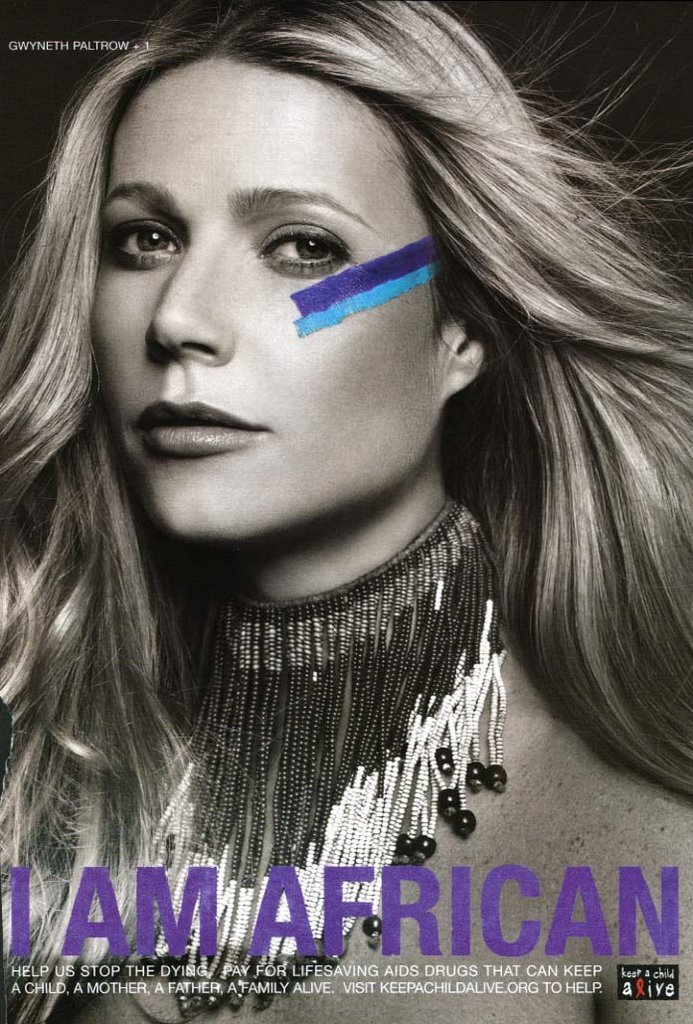There’s a Zzigima track from the 1980s by the once-popular Nigerian musician, Bright Chimezie, in which he recounts a visit to "obodo ndi ocha", which translates as "the white man’s land" and is a generic term for any Western country. Chimezie explains that he had on him some portions of eba, a Nigerian staple made from milled cassava, and ogbono soup, a traditional accompaniment that is fabled for the thickness which causes it to stretch (known commonly as ‘draw soup’).
The first reaction by onlookers is that he is performing magic, since the act of dipping a dull-coloured ball into liquid that hangs off it inexplicably would seem to be a conjurer’s act. This is not inconsistent with some of the ideas that are quickly formed about some African practices which do not gel easily with Western perceptions of workaday life: the styles of dance, body art, song chants. The energy and vivaciousness of these elements, the trills and whoops and hoohah that are commonplace to an indigenous African are sometimes viewed as slightly too spectacular to be a natural part of the mundane activities of a day.
It is in this vein that the average Westerner, especially one who has only come across African expression in a theatre or other entertainment venue in the form of shows like "The Lion King" at the Lyceum or the famous "Umoja", will come to expect the exotic from an African as his basic modus operandi. In pop culture, the African is often represented as a mass of bright colours and vibrant colloquialisms. Take Sister Act 2, a movie I love, as an example. "Ahmal" loves Africa and wants everyone to know it. So what does he do? He dresses in wild dashes of rainbow hues and talks in long-winded sentences that would shame even Tony Blair.
The consequence is that there is often a tendency to expect a little too much of the outlandish from Africa, to stereotype the African as gregarious, excitable and his land as a vast resource of mysticism. This is why non- Africans often visit the game parks of Kenya to co-mingle with nature, their safaris for them a step into the untamed world of fantastic African foreignness. As a rule of thumb, African countries are expected to include in their tourism manuals some sites of deeply symbolic significance- some WahWah mountain here, some LahLah river there- to satisfy this thirst for the extraordinary that comes with expectations of Africa.
Unfortunately, where this expectation is failed, things could quickly go sour. A friend of mine once had to work through fifteen awkward minutes to persuade her neighbour that she had drunk tea everyday of her life so no need to be upset that that was all she had to offer. I wish I could put on paper the look of astonishment my friend described as her neighbour’s response which quickly dissolved into a slouching disappointment. Africa, and Africans, are not expected to be bland, or dull, or normal, whatever that term means. So when Bright Chimezie explained that he was, in fact, doing no more than eating a very average meal, his audience gasped: "Police eh! Police eh! You are committing suicide o eh!".




No comments:
Post a Comment